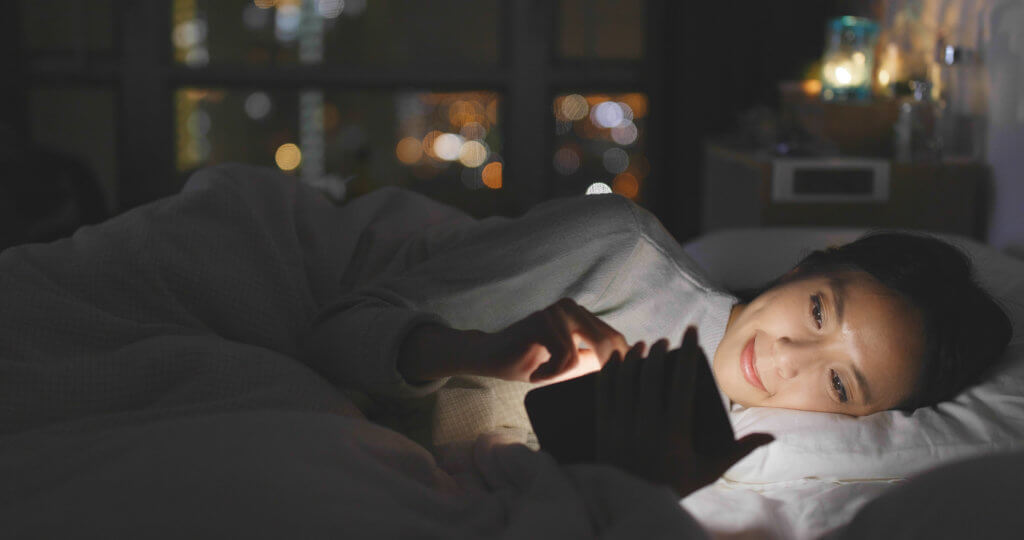WACO, Texas — Some people are naturally night owls, while others can’t help but rise early and seize the day. Referred to as a chronotype, or each individual body’s need for sleep at a certain time, sleep study experts have generally considered this characteristic to be unchangeable. Simply put, night owls usually have a tough time turning into early birds. Now, however, researchers from Baylor University suggest chronotypes are more flexible than most people think.
Genetics certainly predispose us toward a preference for either the morning or evening hours, but researchers believe being a night owl can also stem from behavioral choices. Regardless of whether it’s the result of biology, institutional factors, or behavioral choices, being a perpetual night owl (evening chronotype) has a long connection to poorer sleep health, low alertness in class, and diminished academic success.
So, Baylor sleep researcher Michael K. Scullin, Ph.D., associate professor of psychology and neuroscience, and Blake Barley, doctoral candidate in psychology in Scullin’s sleep lab, set out to examine how institutional factors, biological factors, and behavioral choices all play a role in the sleep problems of college students, and if chronotypes perhaps are more malleable than current theories suggest.
Using a series of surveys administered during the 2018-19 academic year, researchers asked 858 undergraduate students enrolled in demanding science courses to self-assess their own sleep behaviors and quality, state their chronotype, rate their academic demands and stress levels, and report their caffeine and social media habits.

Night owls are a step behind when they start early
Evening and morning-type students displayed similar stress levels and academic demands, but evening chronotypes showed significantly lower sleep quality and duration. Evening types are at a disadvantage when they have to wake up early for class or work, study authors report.
College students who identified as evening-types showed several behaviors known to delay bedtimes, shorten sleep duration, and worsen sleep quality. Examples include using social media for 40 minutes while in bed, consuming caffeine later in the day, and napping more than morning-types, all of which resulted in less night-time spent sleeping, worse sleep quality, and greater sleepiness while in class.
As the semester continued, some students reported a switch in their chronotype. This chrono-switching had a link to behavior changes, ultimately resulting in improved sleep health, less sleepiness, and higher semester GPAs.
“Engaging in healthier daytime behaviors can lead to better sleep that then feeds back into better daytime life,” Scullin says in a university release. “When your daytime life is better, you can often get to bed and fall asleep earlier, enjoy better sleep quality and get into a good cycle.”
Students who were able to switch from evening to morning-types, or who just remained morning-types, showed significantly better semester GPAs compared to students who stayed evening-types or switched from morning-to-evening types. They also consumed less caffeine after 5 p.m. and showed significantly better sleep – in terms of both quantity and quality.
Barley notes some simple changes can improve sleep quality:
- Avoid electronics just before bedtime.
- Avoid caffeine and other stimulants at least six hours before bedtime.
- Avoid long daytime naps.
- Avoid exercising at night.
Scullin, meanwhile, emphasizes that chronotype malleability is still very much a new idea. Thus, not all night owls should try to become morning birds or vice versa. Each individual should focus on getting the quality sleep they need to be healthy and productive.
The study is published in the journal Chronobiology International.
You might also be interested in:
- Best Sleep Trackers
- Best Mattresses
- For the best sleep, survey finds you should get to bed by 9:39 p.m.


You cannot change your body clock…no matter how you try. And no, night owls are not always a step behind. That is only the perception of ‘early birds’….the same people who can’t seem to shut up during the work day.
Once again, you publish an article where the title hype doesn’t match the subsequent text. This is becoming absurd click bait.